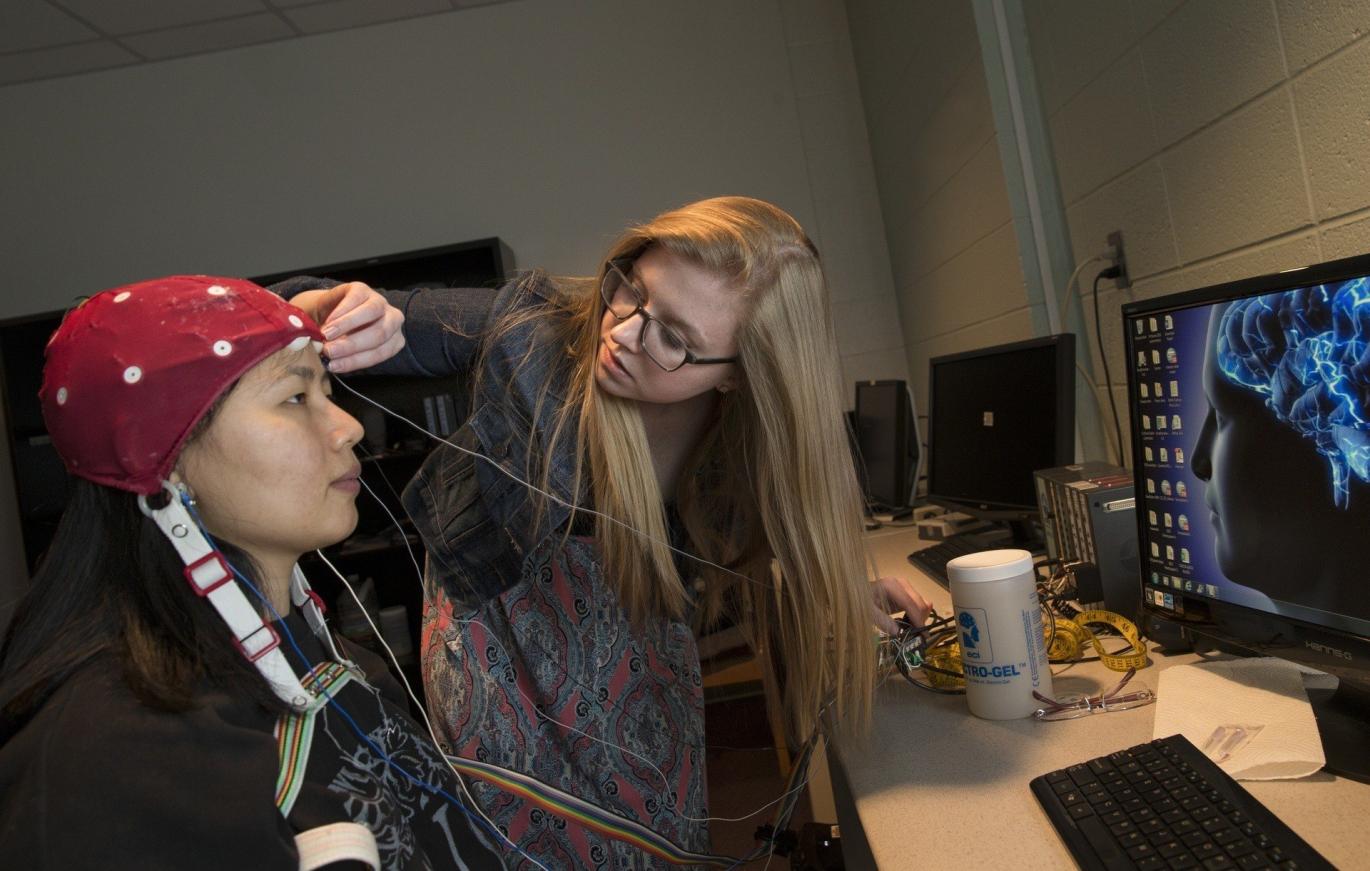What are the Ethical Considerations in Applying Neuroscience to Education?
Neuroscience, the study of the nervous system and its role in behavior and cognition, has the potential to revolutionize education. By understanding how the brain learns, we can develop more effective teaching methods and interventions. However, the application of neuroscience to education also raises a number of ethical concerns that need to be carefully considered.

Privacy and Confidentiality
One of the most important ethical considerations in applying neuroscience to education is the protection of student privacy. Neuroscience research often involves the collection of sensitive personal data, such as brain scans and genetic information. It is essential that this data is collected and stored in a secure manner and that students' privacy is protected.
- The potential risks of data breaches and misuse.
- The need for informed consent.
Autonomy and Consent
Students have the right to make decisions about their own education. This includes the right to consent to or refuse to participate in neuroscience research or interventions. It is important to obtain informed consent from students and their parents before conducting any neuroscience research or interventions.
- The right of students to make decisions about their own education.
- The importance of obtaining informed consent from students and their parents.
- The need to respect students' cultural and religious beliefs.
Equity and Access
Neuroscience has the potential to exacerbate existing inequalities in education. For example, students from wealthy families may have access to neuroscience-based educational interventions that are not available to students from poor families. It is important to ensure that all students have access to neuroscience-based educational interventions and that these interventions are culturally sensitive and inclusive.
- The potential for neuroscience to exacerbate existing inequalities in education.
- The need to ensure that all students have access to neuroscience-based educational interventions.
- The importance of developing culturally sensitive and inclusive neuroscience-based educational practices.
Safety and Well-being

The use of neuroscience to manipulate students' behavior or thoughts raises serious ethical concerns. It is important to ensure that neuroscience-based educational interventions are safe and do not cause harm to students. It is also important to monitor the long-term effects of neuroscience-based educational interventions.
- The potential risks of using neuroscience to manipulate students' behavior or thoughts.
- The need to ensure that neuroscience-based educational interventions are safe and do not cause harm to students.
- The importance of monitoring the long-term effects of neuroscience-based educational interventions.
Transparency and Accountability
The development and use of neuroscience-based educational interventions should be transparent and accountable. Educators and researchers should be transparent about the methods they are using and the results they are achieving. They should also be held accountable for the ethical use of neuroscience in education.
- The need for transparency in the development and use of neuroscience-based educational interventions.
- The importance of holding educators and researchers accountable for the ethical use of neuroscience in education.

The application of neuroscience to education has the potential to revolutionize learning. However, it is important to carefully consider the ethical implications of this research and to develop guidelines for the responsible and ethical use of neuroscience in education. By doing so, we can ensure that neuroscience is used to improve the lives of all students and not to exacerbate existing inequalities.
Further research and discussion is needed on the ethical implications of neuroscience in education. This research should focus on developing guidelines for the responsible and ethical use of neuroscience in education, as well as on identifying and addressing the potential risks and benefits of this research.
YesNo

Leave a Reply